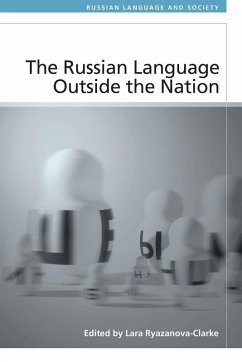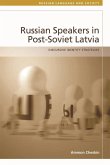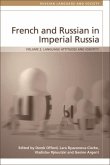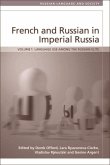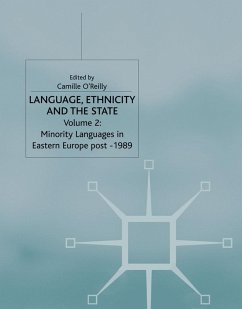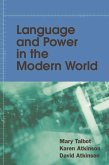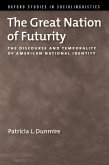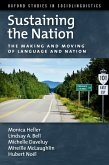The collapse of the Soviet Union dramatically changed the global distribution of the Russian language. Apart from Russia, it is now spoken in fourteen successor states of the former Soviet Union, while the increased mobility of Russian speakers has expanded russophone communities across the world. Taking a broad sociolinguistic perspective, this book explores a comprehensive set of tensions which emerged from the dislocated and deterritorialised position of Russian in the contemporary world. It examines contexts for shaping Russian speakers' identities in various locations across the globe, the shifting attitudes towards Russian language outside the metropolis, emerging new global varieties of Russian, and the use of Russian language as soft power in the transnational russophone media. In order to discuss problems posed by the current stage of globalisation of Russian, a number of non-metropolitan spaces are sampled: chapters take the reader to locations which include both the post-Soviet states, specifically Ukraine, Estonia, Latvia and Belarus, and the countries of the traditional 'West' - Italy, the US and Israel. A thought-provoking and engaging book, it is essential reading for advanced students and specialists in Russian and Eastern European Studies, Post-Soviet Studies, Language Studies and Sociolinguistics.
Dieser Download kann aus rechtlichen Gründen nur mit Rechnungsadresse in A, B, BG, CY, CZ, D, DK, EW, E, FIN, F, GR, HR, H, IRL, I, LT, L, LR, M, NL, PL, P, R, S, SLO, SK ausgeliefert werden.

